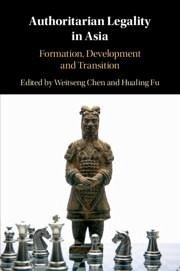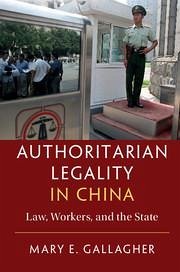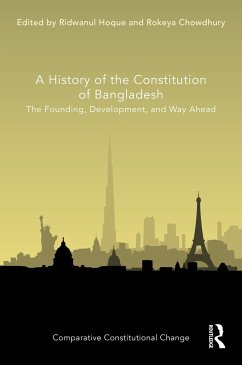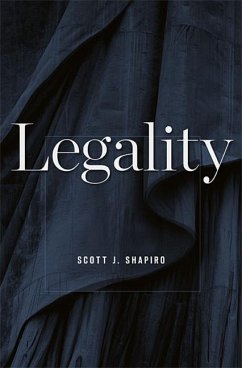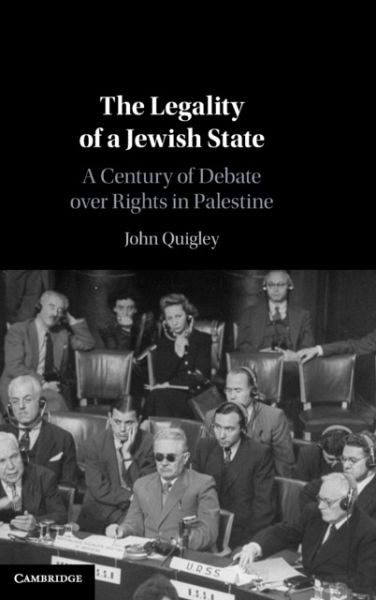
The Legality of a Jewish State
Versandkostenfrei!
Versandfertig in über 4 Wochen
123,99 €
inkl. MwSt.
Weitere Ausgaben:

PAYBACK Punkte
62 °P sammeln!
In this book, the author argues that the fate of Palestine was not determined on the basis of principle. He focuses on the lawyer-diplomats who pressed for and against a Jewish state at the United Nations.








